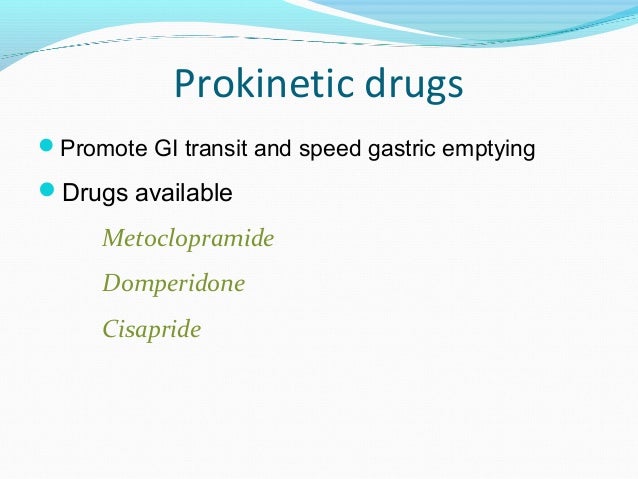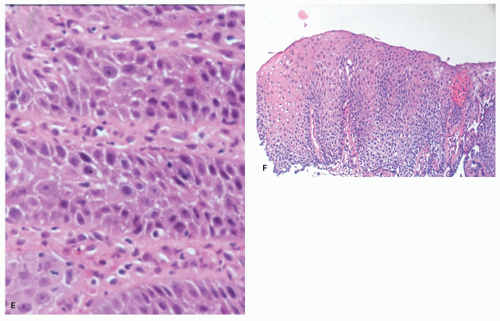The best treatment for drug-induced esophageal damage is the discontinuation of the problematic drug patients should also avoid irritating foods such as citrus juices and alcohol [ 17 ]. Drug induced gerd. Background: although the associations between nonsteroidal anti-inflammatory drugs (nsaids) and peptic ulcer disease or dyspepsia are well established, fewer data exist concerning the relationship between nsaids and gastro-oesophageal reflux disease (gerd) aim: to examine the relationship between nsaids and gerd methods: a self-administered questionnaire covering nsaid use and gerd symptoms.
drug induced gerd
Le may be related to eosinophilic esophagitis or to gerd drug-induced esophagitis several oral medications may cause tissue damage if they remain in contact with the lining of the esophagus for too long for example, if you swallow a pill with little or no water, the pill itself or residue from the pill may remain in the esophagus. Introduction. gastroesophageal reflux disease (gerd) is a common condition that develops when reflux of stomach contents cause troublesome symptoms and/or complications. 1 gerd is defined clinically as at least weekly heartburn and/or acid regurgitation. the prevalence of gerd among the adult population in the western world is reported to be 10-20%, while in east asia it ranges from 2.5-7.8%. Osteoporosis drugs known as bisphosphenates—including blockbusters like alendronate (fosamax), ibandronate (boniva), and risedronate (actonel)—are notorious for causing heartburn..

